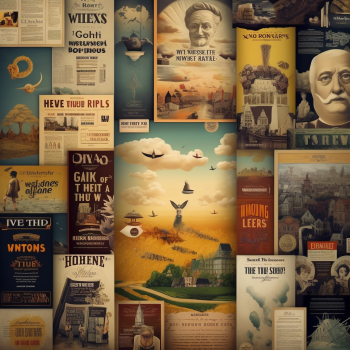The_Ottomans:_Europe's_Muslim_Emperors《奥斯曼帝国:_欧洲的伊斯兰王室》

简述
封面

影片信息
官方网站
http://www.bbc.co.uk/programmes/b03d0d5d
影片原始规格:
- 中文片名 :奥斯曼帝国: 欧洲的伊斯兰王室
- 中文系列名:
- 英文片名 :The Ottomans: Europe’s Muslim Emperors
- 英文系列名:
- 电视台 :BBC
- 地区 :英国
- 语言 :英語
- 时长 :约 59 分钟/集
- 版本 :DVD
- 发行时间 :2013
影片内容介绍
剧情简介
It was the world’s last Islamic empire - a super-power of a million square miles. From its capital in Istanbul it matched the glories of Ancient Rome. And after six centuries in power it collapsed less than a hundred years ago. Rageh Omaar sets out to discover why the Ottomans have vanished from our understanding of the history of Europe. Why so few realise the importance of Ottoman history in today’s Middle East. And why you have to know the Ottoman story to understand the roots of many of today’s trouble spots from Palestine, Iraq and Israel to Libya, Syria, Egypt, Bosnia and Kosovo.
分集介绍
Roots of the Ottomans
In this first episode, the unlikely roots of the Ottomans are revealed. From nomadic horsemen, in a rural backwater of modern day Turkey, they became rulers of a vast empire spanning three continents. At an incredible speed they came to rule over Baghdad and Cairo in the south, where they controlled the holiest sites of Islam - Mecca, Medina and Jerusalem, and they reached deep into Europe.
Suleiman the Magnificent and Abdul Hamid II
Continuing his fascinating journey to rediscover the central role played by the Ottoman empire in Europe and the Middle East, Rageh Omaar explores the huge contrasts in the times of two very different Ottoman sultans. The most famous Suleiman the Magnificent in the golden age of the 16th century and the troubled reign of Abdul Hamid II in the 19th century when the Ottomans were dubbed ’the Sick Man of Europe’. Rageh examines the cultural legacy as well as the physical, religious and political architecture of Ottoman rule to find out what a Muslim world run from Europe was really like. It reveals the backdrop to the relationship between Islam and Europe today, how the Ottomans became central in the power politics of Europe and what could have happened had they succeeded in their successive bids to seize Vienna, then a key European capital.
Mustafa Kemal-Ataturk
Rageh Omaar explains how the collapse of this Islamic super-power following the first World War left problems that still exist in Europe and the Middle East today. From its capital in Istanbul the Ottoman Empire matched the glories of Ancient Rome. Yet its achievements have been largely lost in the trauma of its last few years. Brutality, massacres and the carve-up of former Ottoman lands created a legacy of tension and conflict that continue to this day. The heartland of the former empire - modern day Turkey - turned its back on its Islamic, Ottoman past. It underwent a social revolution led by military commander and secular visionary Mustafa Kemal-Ataturk. So why is Ottomanism back on the political agenda? And why are many politicians in the West hoping that Turkey can provide a role model as a modern, Islamic democracy?
截图

参考信息
相关的纪录片
暂无
相关领域
人物 Rageh Omaar
| 内容 宗教类 | 伊斯兰教 |
|---|---|
| 史地类 | 历史 |
| — | — |
网路消息
- 暂无
Category:片名 Category:BBC Category:2013 Category:Rageh Omaar Category:2. 宗教类 Category:6. 史地类 Category:6.1 历史 Category:6.112 中古史 Category:6.113 十六世纪 Category:6.114 十七世纪 Category:6.115 十八世纪 Category:6.116 十九世纪 Category:6.2 地理 Category:6.22 亚洲 Category:6.224 西亚 Category:6.2244 土耳其 Category:缺翻译